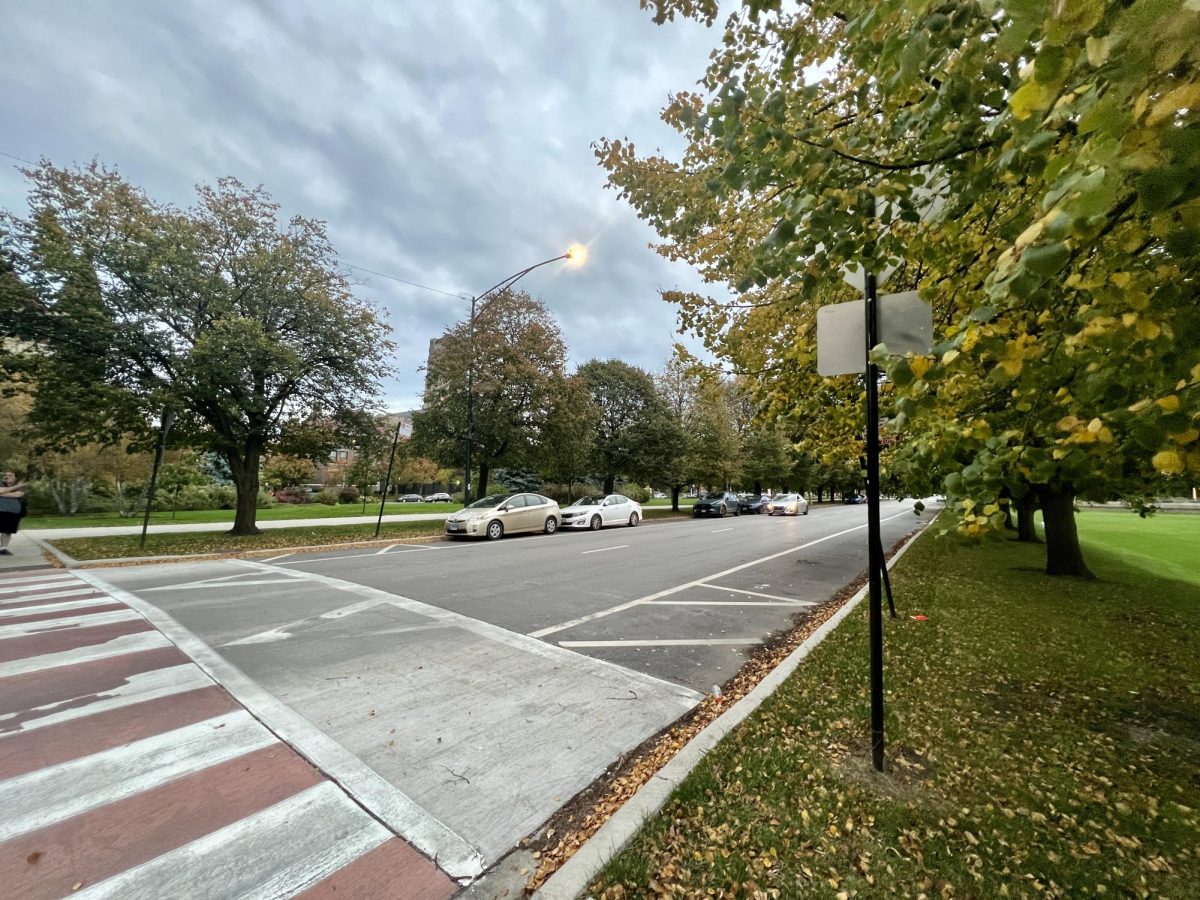Law School Professor Eric Posner argued during testimony before a Senate committee last week that two bills that would protect Robert Mueller from being dismissed as Special Counsel are constitutional.
The two bipartisan bills in question were put forth in August after President Trump alleged that Mueller’s committee is fraught with conflicts of interest in an interview with the New York Times.
The pieces of legislation considered at the September 26 Judiciary Committee hearing are intended to add a layer of security for Mueller, who was appointed under a statute that gives him limited protection from being dismissed by the executive branch. As it stands, Trump could direct the Department of Justice to fire the special prosecutor.
One bill, sponsored by Senators Thom Tillis (R-NC) and Chris Coons (D-Del), would give the special counsel the right to challenge his dismissal in court, after the firing. A bill put forth by Lindsay Graham (R-SC) and Cory Booker (D-NJ) goes further — it would require the Attorney General to petition a federal court and demonstrate good cause for removal before firing a special counsel.
At the hearing, legal scholars weighed in on the constitutionality of the special counsel investigation, and whether it oversteps constitutional separation of powers between executive and judicial branches.
Posner defended the constitutionality of the two bills, but believes they don’t go far enough.
“The bills do not recreate the independent counsel but give the special counsel, a creature of executive-branch regulation, reasonable additional job protection […] This layer of security would not interfere with executive power but would more likely enhance it by reassuring the public that the officers of the executive branch, including the president himself, are not above the law,” Posner testified.
In an August 7 New York Times op-ed, Posner and fellow University of Chicago Law School Professor Daniel Hemel wrote that while the bills check the President’s power to fire the special counsel, they would do little to prevent Presidential interference or obstruction of the investigation.
“[I]f President Trump wants to halt Mr. Mueller’s inquiry, he can order Mr. Rosenstein not to reauthorize the special counsel’s investigation this October or to starve the special counsel of funds. If Mr. Trump wants to stop Mr. Mueller even sooner, he can instruct Mr. Rosenstein to exercise veto power over the special counsel at every step of the way. And if Mr. Rosenstein rebuffs the president’s commands, Mr. Trump could replace him with a loyalist who will follow his instructions,” Hemel and Posner write.
In a conversation with The Maroon, Posner explained that he supports the bipartisan bills because they provide necessary, if insufficient, protections, and because their Republican backing sends a message to the President.
“The Democrats want a bill that is weak enough that some Republicans will join it, so they can send a stronger political signal,” Posner told The Maroon. “Favorable votes on this bill would be a very important signal to the President — it would show that Congress very strongly supports Mueller, and therefore that if the President tries to fire him or otherwise interfere with the investigation, there might be a high political cost that he’d prefer not to incur.”
Posner added that although the bills would not prevent Trump from meddling in the investigation, firing is the more politically attractive option to the presidential administration, because interfering with Mueller’s work could be construed as obstruction of justice.
“I don’t think an ideal bill would pass, but a weaker bill like ones the President proposed would still be valuable as a political signal,” Posner said. “And also I think it may be politically easier for Trump to get rid of Mueller, than to interfere with the investigation, because then it begins to look a lot more like obstruction of justice, which is a crime. So I think these bills will be helpful, even if they’re not perfect.”
The full testimony can be viewed on C-SPAN, and Posner’s written statement is online here.







